The Importance of B Vitamins For Staying Calm
Recipe Key
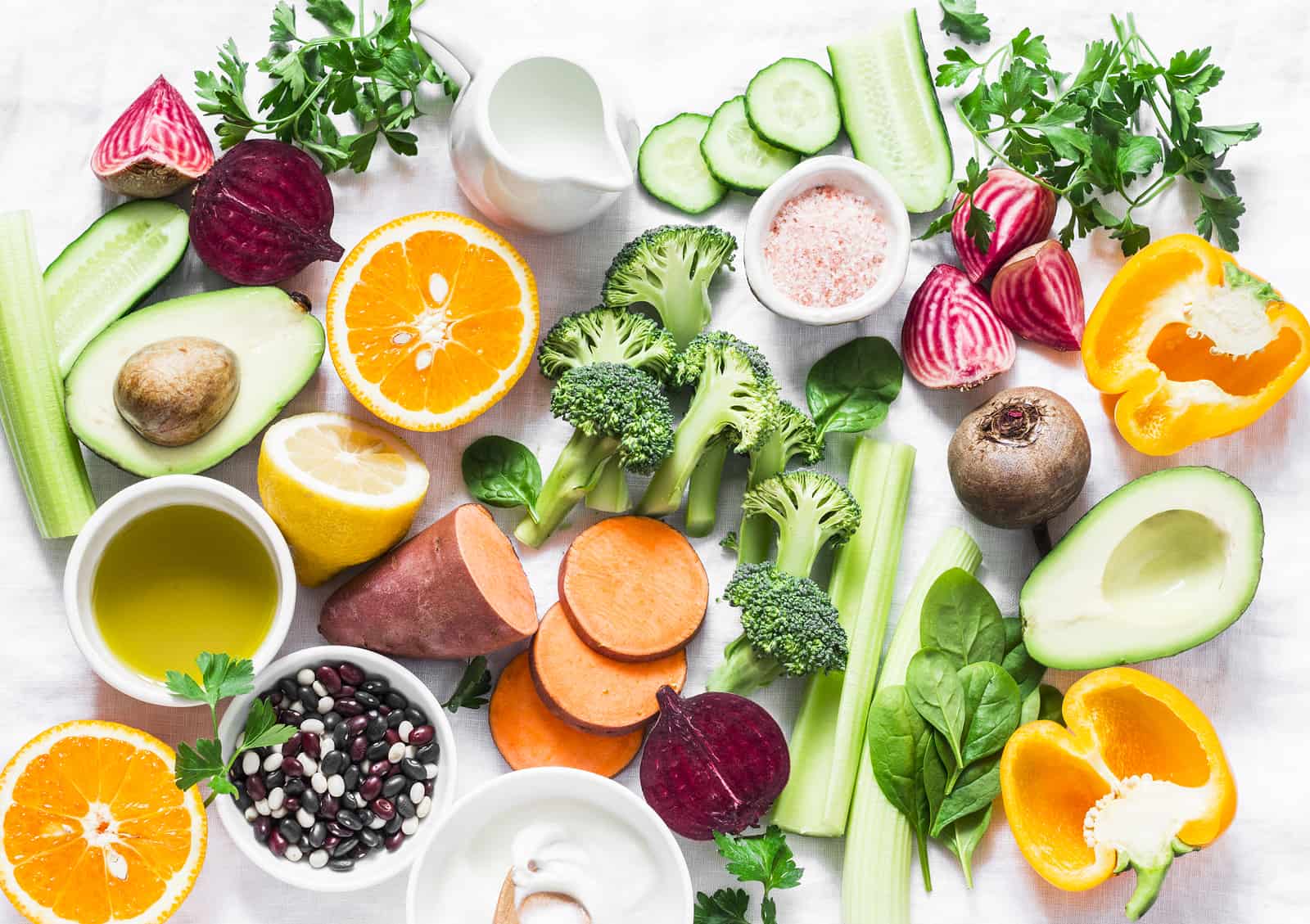
The Importance of B VITAMINS
Vitamin B’s are important vitamins needed to stay healthy, sharp, energetic, balanced, and clean (they play a huge role in the detoxification process).
The B vitamins are critical for efficient liver detoxification of unwanted chemicals such as heavy metals, histamines, and bacterial toxins that could make a big difference in healing any health challenges.
In addition, the B-complex vitamins have dramatic mood-elevating effects-more so than almost any other nutrient!
This complex of vitamins is crucial for nerve function and nerve cell metabolism, which produce optimal neurotransmitter levels.
There is not just one vitamin B – there are actually seven of them. Here is a list of how they can help you and the foods you can eat to get them.
Thiamine (B1)
Thiamine is needed to produce energy. Like all the other B vitamins it activates Phase I detoxification where foreign substances are initially broken down into intermediates for excretion.
Balanced levels of thiamine also allow for feelings of composure, clear-headedness, and energy.
Thiamine also helps to metabolize glucose. People who constantly crave carbohydrates are often thiamine deficient.
Thiamine is important for maintaining electrolytes and nervous system signal transmissions throughout the body.
Food sources: nutritional yeast, sunflower seeds, lentils, organic edamame, navy beans, green split peas, pinto beans, mung beans, beef liver, asparagus, Brussels sprouts. Optimal daily dose: 25 to 50mg
Recipe : Turmeric Sunflower Seed Dressing
Riboflavin (B2)
Vitamin B2 supports the liver detox pathway that eliminates bacterial toxins.
B2 is necessary for essential fatty acid metabolism, which improves energy production. It works by helping the body utilize other B vitamins, such as niacin and thiamine, so we can produce energy from the foods that we eat.
Riboflavin is also involved in proper thyroid function and maintaining the health of your hair and skin.
Food sources: beef liver, full fat grass-fed yogurt, full fat milk, spinach, almonds, sun dried tomatoes, eggs, feta cheese, lamb, quinoa, lentils, mushrooms, tahini, wild caught salmon, kidney beans. Optimal daily dose: 25 to 50mg
Recipe: Roasted Dill Salmon
Niacin (B3)
Like B1, B3 induces Phase I detoxification. Niacin helps regulate blood sugar levels.
It has indirect effect on serotonin levels, because the body uses tryptophan (the amino acid that is the precursor to serotonin production) to produce niacin.
It has a beneficial effect on the adrenal hormones.
For all these reasons it’s said to have prominent anti-depressant effects.
Niacin also promotes the release of growth hormone. It’s good for balancing cholesterol and is linked to better brain function.
 Food sources: chicken, liver, tuna, turkey, salmon, sardines, grass-fed beef, sunflower seeds, peanuts, green peas, brown rice, mushrooms, avocados, sweet potatoes, asparagus. Optimal daily dose: 25 to 50mg
Food sources: chicken, liver, tuna, turkey, salmon, sardines, grass-fed beef, sunflower seeds, peanuts, green peas, brown rice, mushrooms, avocados, sweet potatoes, asparagus. Optimal daily dose: 25 to 50mg
Recipe: Asian Cauliflower Fried Rice
Pantothenic acid (B5)
Pantothenic acid provides foundational support for both Phase I and Phase II detoxification, and more specifically the elimination of inflammatory substances.
It plays an important role in production of adrenal hormones and is vital for coping with extreme stress.
All the steroid hormones, such as estrogen and progesterone, will be produced only with ample B5 in the system.
 Food sources: beef liver, shiitake mushrooms, avocados, sweet potatoes, lentils, split peas, cremini mushrooms, chicken, turkey, full fat grass-fed yogurt, broccoli, sunflower seeds. Optimal daily dose: 25 to 50mg
Food sources: beef liver, shiitake mushrooms, avocados, sweet potatoes, lentils, split peas, cremini mushrooms, chicken, turkey, full fat grass-fed yogurt, broccoli, sunflower seeds. Optimal daily dose: 25 to 50mg
Recipe: Tempeh with Broccoli and Shiitake Mushrooms
Pyridoxine (B6)
B6 has one of the most dramatic mood-elevating effects of all the B vitamins. It can help to correct brain metabolism dysfunctions that cause depression. It heightens serotonin production.
Sufficient levels of B6 keep the liver functioning optimally by promoting the proper flow of fat and bile to and from the liver.
It binds to estrogen, progesterone, and testosterone, helping to detoxify excess amounts of these steroid hormones which helps to keep our sex hormones in balance.
 Food sources: turkey breast, grass-fed beef, pinto beans, avocados, chicken breasts, spinach, sweet potatoes, sunflower seeds, sesame seeds, green peas, bananas Optimal daily dose: 25 to 50mg, not to exceed 100mg/day
Food sources: turkey breast, grass-fed beef, pinto beans, avocados, chicken breasts, spinach, sweet potatoes, sunflower seeds, sesame seeds, green peas, bananas Optimal daily dose: 25 to 50mg, not to exceed 100mg/day
Recipe: Tomato Peach and Avocado Salad
Cobalamin (B12)
B12 has important effects on mood and allows for a free flow of neurotransmitters. It also helps the body to secrete melatonin.
There’s a strong correlation between low levels of B12 and increased rates of anxiety and depression
Cobalamin is an important factor for the activation of the liver detox pathway that detoxes the heavy metals and histamines.
B12 also offers additional braincare benefits, such as increasing your ability to focus and remember information.
Plant-based eaters need to pay special attention to B12, as aside from nutritional yeast it’s hard to get.
 Food sources: beef liver, sardines, Atlantic mackerel, lamb, wild caught salmon, nutritional yeast, grass-fed beef, eggs, tempeh, seaweed
Food sources: beef liver, sardines, Atlantic mackerel, lamb, wild caught salmon, nutritional yeast, grass-fed beef, eggs, tempeh, seaweed
Optimal daily dose: 50 to 100mcg
Recipe: Almond Crusted Sardines with Parsley Sauce
Folic Acid or Folate (B9)
Folate has direct mood elevating properties and is synergistic with serotonin production.
Folate is a needed inducer of several of the detoxification pathways. It breaks down homocysteine, a toxic and inflammatory agent produced by the liver if not properly converted.
There have been studies that show that folic acid helps lower ACTH, which is an adrenal hormone that leads to increased blood pressure.
 Food sources: dark leafy greens, beef liver, lentils, black-eyed peas, eggs, asparagus, beets, brussels sprouts, romaine, avocados, broccoli. Optimal daily dose: 400 to 800 mcg
Food sources: dark leafy greens, beef liver, lentils, black-eyed peas, eggs, asparagus, beets, brussels sprouts, romaine, avocados, broccoli. Optimal daily dose: 400 to 800 mcg
Recipe: Baby Kale Salad with Creamy Asian Dressing
Sources: Depression Free for Live, Gabriel Cousens, M.D.; The UltraMind Solution, Mark Hyman,M.D.; Encyclopedia of Healing Foods, Michael Murry, N.D.; Ed Bauman, Bauman College, The Complete Natural Medicine Guide to Women’s Health, Sat Dharam Kaur, ND.

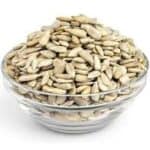
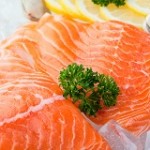
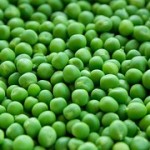
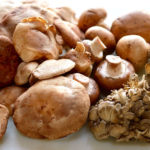 Food sources:
Food sources: Food sources:
Food sources: